-1140x400.png)
Let’s be honest - standing in front of a shelf full of shiny power tools can be confusing. You pick one up, read “600W,” another says “cordless,” and suddenly you’re wondering, What even is torque? Don’t worry, we’ve all been there. Choosing the Right Electric Drill Machine isn’t rocket science; it just takes a bit of understanding.
In this blog, we’ll break it down step-by-step in simple terms so you can confidently pick the Right Electric Drill Machine that fits your work, budget, and comfort.
Selection of the Right Electric Drill Machine
1. Know Why You Need the Right Electric Drill Machine
First things first - what are you drilling for? If you’re just fixing shelves or hanging frames, you don’t need a heavy-duty monster. But if you’re building furniture or handling metalwork, then you’ll need more power.
For home DIY jobs → Light-duty drill (around 400W–600W)
For woodworking → Medium-duty drill
For construction or metal → Heavy-duty drill
So, before buying, be real with yourself - what will you actually use it for?
2. Check the Power Source
There are two main types - corded and cordless.
Corded Drills: Give consistent power, great for long projects. But yeah, you’ll need a plug nearby.
Cordless Drills: Portable and easy to move around. Just charge and go. Perfect for small fixes.
By the way, cordless drills have come a long way - modern batteries last surprisingly long. But if you’re planning heavy work, a corded drill still wins in raw power.
3. Understand the Speed and Torque
Now, here’s where most people get confused.
Speed (RPM): Higher speed means faster drilling, best for wood or softer materials.
Torque: More torque means more strength, perfect for metal or concrete.
The Right Electric Drill Machine should have variable speed control, so you can switch between high speed and high torque depending on what you’re working on.
4. Size and Comfort Matter
Let’s be real - if a drill feels awkward in your hand, you’ll never use it properly. Pick a model that’s lightweight, balanced, and has a comfortable grip.
You’ll thank yourself later when you’re drilling for ten minutes straight and your wrist doesn’t feel like it’s about to fall off. Also, try the trigger before you buy - it should feel smooth and responsive.
5. Drill Bits and Chuck Size
The chuck is the part that holds the drill bit. Most household drills come with a 10mm or 13mm chuck. A 10mm one is fine for everyday use, but if you want flexibility, go for 13mm.
And here’s a quick pro tip - buy a small set of drill bits along with your machine. You’ll need different ones for wood, metal, and concrete.
6. Special Features That Make Life Easy
Some drills have cool features that save a lot of effort:
Reverse function (to remove screws)
Hammer mode (for drilling concrete walls)
LED light (helps when working in dark corners)
Speed lock button (for long continuous drilling)
You don’t need all of them, but having at least a few will make your work a lot smoother.
7. Weight and Portability
If you’re planning to carry your drill to job sites or move around your house, weight becomes important. A drill that’s around 1.5–2 kg is ideal for comfort and control.
Remember, the Right Electric Drill Machine should be powerful and portable — not something that feels like lifting a brick.
8. Check the Brand and Warranty
Frankly, it’s better to go with trusted brands. Companies like Bosch, Black+Decker, Dewalt, or Stanley are reliable and easily available.
And always check the warranty - one year is standard, but some brands offer two or more.
This ensures that even if something goes wrong, you’re covered.
9. Price vs Performance
By the way, expensive doesn’t always mean better. A mid-range Right Electric Drill Machine often performs just as well for home use as a high-end one.
Compare features, read reviews, and look for the best value rather than just chasing brand names.
10. Safety First, Always
Don’t ignore this part. Always wear safety glasses, keep your workspace clean, and don’t drill near electrical wiring or water.
A good machine is only as safe as the person using it.
Quick Recap: How to Pick the Right Electric Drill Machine
Know your purpose
Decide between corded or cordless
Check torque and speed settings
Focus on comfort and grip
Compare brand warranties and price
That’s it — simple and sorted.
Final Thoughts
So yeah, choosing the Right Electric Drill Machine isn’t as tricky as it looks. Once you understand your needs and match them with the right features, the rest is easy.
Think of it like picking your favorite tool buddy - one that fits well, works hard, and doesn’t give up halfway.
Frankly, once you get the hang of it, drilling becomes oddly satisfying. Buy now!
FAQs about Right Electric Drill Machine
Q1. What is the ideal wattage for home use?
Usually, a 500–600W drill is more than enough for regular home projects.
Q2. Corded or cordless — which one should I buy?
If you move around a lot, go cordless. If you need constant power, go corded.
Q3. Can I use one drill for wood, metal, and wall?
Yes, but use the right drill bits for each surface.
Q4. How long do drill batteries last?
Good cordless drills last around 30–45 minutes on a full charge.
Q5. How do I maintain my electric drill?
Clean it after every use, check the bits, and store it in a dry place.





















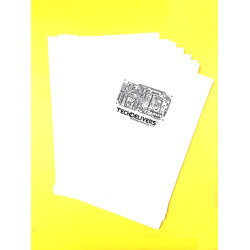
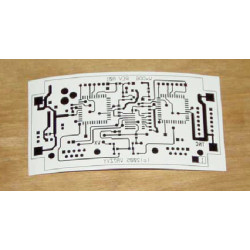
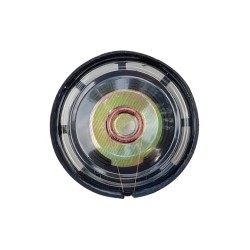
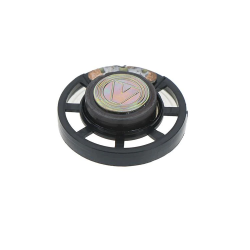
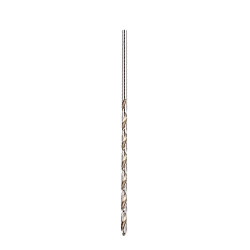
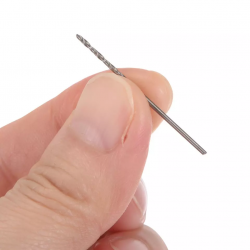
Leave a Comment